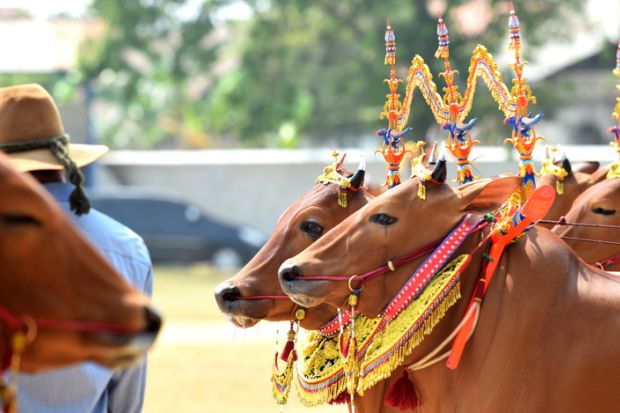Australia’s international education lobby has emphatically rejected a proposed levy on overseas students’ fees, saying such a mechanism would exacerbate perceptions that foreigners are “cash cows for universities”.
Phil Honeywood, chief executive of the International Education Association of Australia, said overseas students already subsidised universities’ domestic activities. “Fully 40 per cent of the research…of Australia’s 39 universities is entirely funded off the back of international student fee revenue,” he told a conference hosted by the University of Melbourne’s Centre for the Study of Higher Education.
“We’re just going to turn around and add another levy…to pay for more shiny new buildings [and] research off a cohort of students who won’t see the benefit?”
Research during the pandemic showed that international students already “felt as though they weren’t getting value for money…that their families had paid for them to study here”, Mr Honeywood told the Students, staff and the future human face of higher education symposium.
The proposed international student levy is perhaps the most contentious idea floated in the interim report from the Universities Accord panel. “Such a mechanism could provide insurance against future economic, policy or other shocks, or fund national and sector priorities such as infrastructure and research,” the report says.
Levy proponents argue that Australian universities’ considerable financial reliance on overseas students leaves many institutions at a competitive disadvantage, because they lack the geography or rankings heft to attract foreigners in large numbers.
But Mr Honeywood stressed the disadvantages facing international students. “[They] are on average paying three times more than…domestic students. We have a duty of care to ensure that they genuinely get a benefit,” he said.
“If…government is going to go with a new levy, it should be for general student welfare and student serviceability. It should be for enhanced mental health counselling – coming out of Covid, mental health of both domestic and international students is a massive legacy issue – and accommodation and course-related employability.”
He said a survey during the pandemic had found that overseas students felt “totally isolated” in their “14 square metre rooms” and that “nobody really understood their needs”.
Australian universities deserved credit for engaging architects to encourage interaction between foreign and domestic students, he said. “The challenge is to ensure that they don’t stay in a monocultural bubble. We’ve all tried to grapple with that issue. How do you get them out of their comfort zone? How do you ensure that…domestic students understand [their] issues?”





